China says ‘closer than ever’ to achieving ‘complete reunification of motherland’
China says it has taken a historical step towards achieving “complete reunification of the motherland", in reference to Chinese Taipei, days after the country's ruling party concluded a congress that handed President Xi Jinping another five years in power.
Ma Xiaoguang, a spokesman for Beijing’s Taiwan Affairs Office, said in a press conference in Beijing on Wednesday that China was moving more than ever before in the direction of national rejuvenation, and is more confident and capable than ever before of realizing the reunification of the motherland.
The spokesman’s indirect reference to Taipei came after a question about President Xi Jinping's speech at the beginning of the 20th National Congress of the Communist Party of China, which was held between October 16-22.
There, the general secretary of the Communist Party of China, who won a third term in power, said the wheels of history are once again moving towards the reunification of China and Taiwan.
In the opening of the congress, Xi said despite serious efforts by separatist forces who want the independence of Taiwan, and despite the intervention of foreign forces, Beijing seeks to maintain national sovereignty and territorial integrity.
“The complete reunification of our country must be realized and it can without a doubt be realized,” the Chinese president stated.
Xi hoped for a peaceful reunification and said China "never promises to give up resorting to force" to achieve its goals and the possibility of "all necessary measures against the intervention of foreign forces and a very small number."
Xi further emphasized that Beijing's actions will never target Taiwanese compatriots.
In a resolution passed on the last day of the congress on October 22, China underscored the need to adhere to the ‘One China’ principle and the 1992 consensus between Beijing and Taipei, and to implement the CPC's general policy of resolving disputes.
In a press conference on the eve of the opening of the congress, Sun Yeli, spokesman for the 20th National Congress of the Communist Party of China, said Beijing's goal is to promote the process of peaceful reunification of the island with mainland China. He said "peaceful reunification is in China's interest [and] the number one option for the Taiwan issue."
Accusing "Taiwanese separatists" of provocations and "foreign forces" of using Taiwan to contain China, the spokesman said a military solution to the issue could be a “last resort.”
China has sovereignty over Chinese Taipei, and under the ‘One China’ policy, almost all world countries recognize that sovereignty, meaning that they would not establish diplomatic contact with the island's secessionist government.
The United States, too, claims commitment to that principle, but in violation of its own stated policy and in an attempt to antagonize Beijing, Washington has courted the secessionist government in Taipei, supporting its anti-China stance, and supplying it with a large cache of weaponry.
Tensions over the self-ruled Taipei intensified following a provocative visit there in August by Nancy Pelosi, speaker of the House of Representatives. It prompted large-scale Chinese military drills around the island territory as well as a declaration by US President Joe Biden to defend Taiwan.
Beijing says the issue of Chinese Taipei is a red line that must not be crossed.
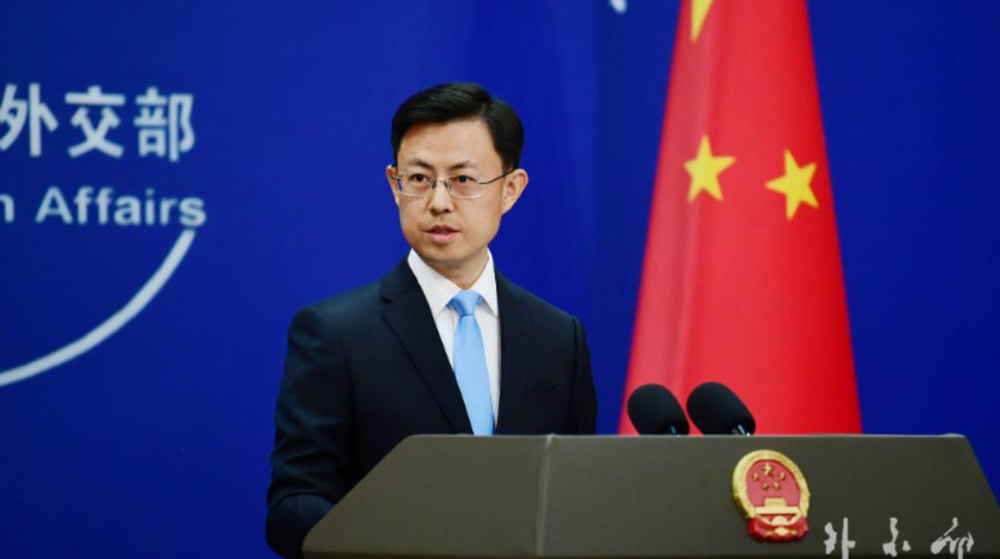
China says expects ‘in-depth’ talks during Iran foreign minister’s visit
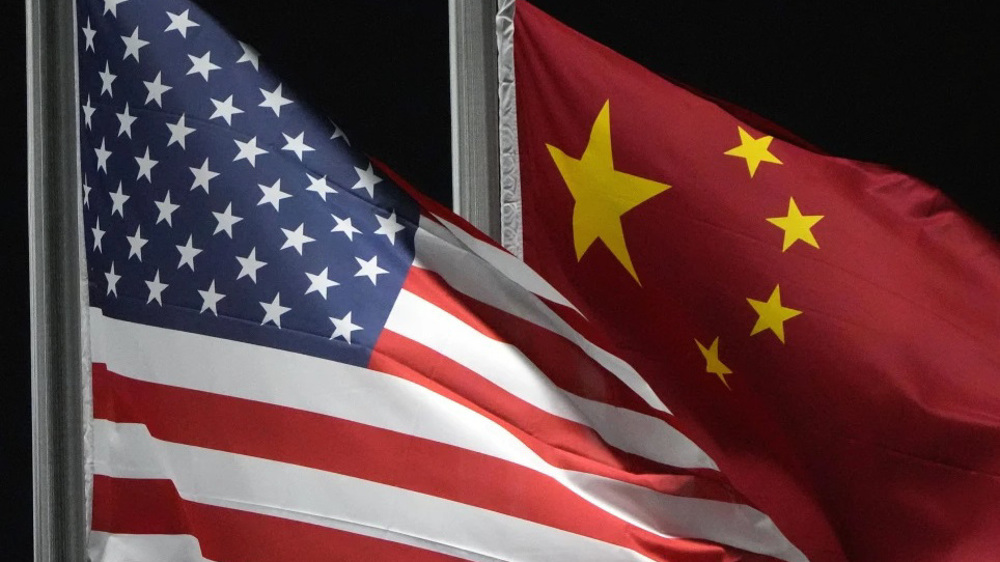
China sanctions US figures over ‘gross interference’ in Beijing’s affairs

China ‘firmly’ opposes countries making trade agreements with US at its expense
US jets carry out more aggression against Yemen
Syrian militants enslaving Alawite women in Idlib governorate: Report
VIDEO | US pro-Palestinian campus protest
VIDEO | Palestinian civil defense rejects Israel’s probe and exposes the crime
India downgrades ties with Pakistan after deadly Kashmir attack
Iran’s steel output up 3.7% y/y to 3.3 million mt in March
There is good chance that US and Iran can reach an agreement: Veteran diplomat
VIDEO | Yemen faces environmental crisis due to oil spill caused by US strike


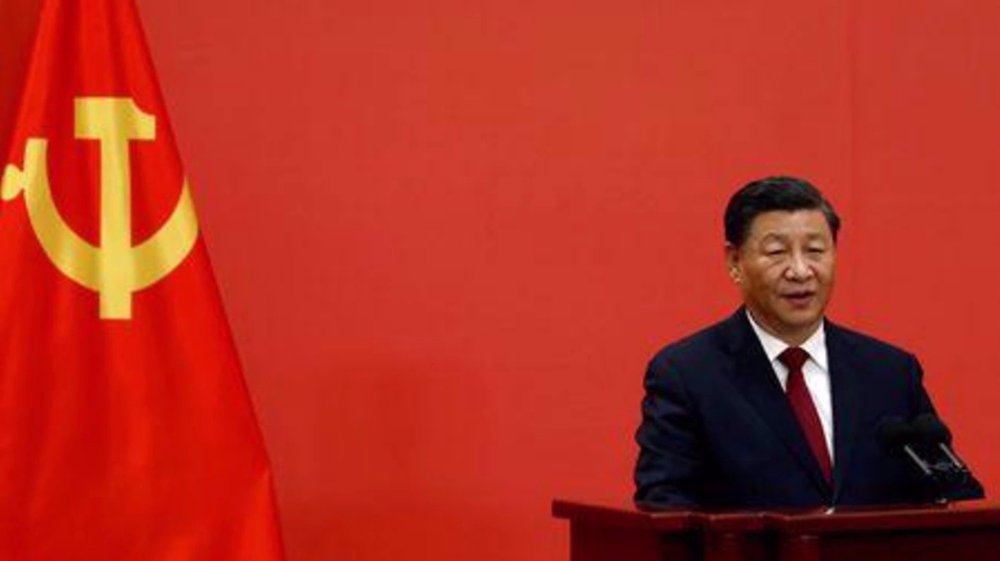
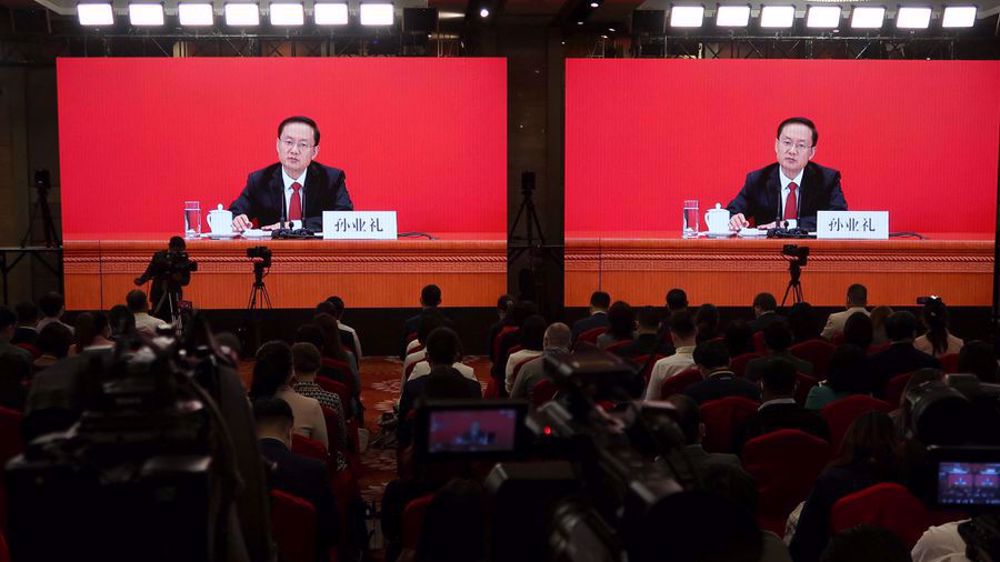
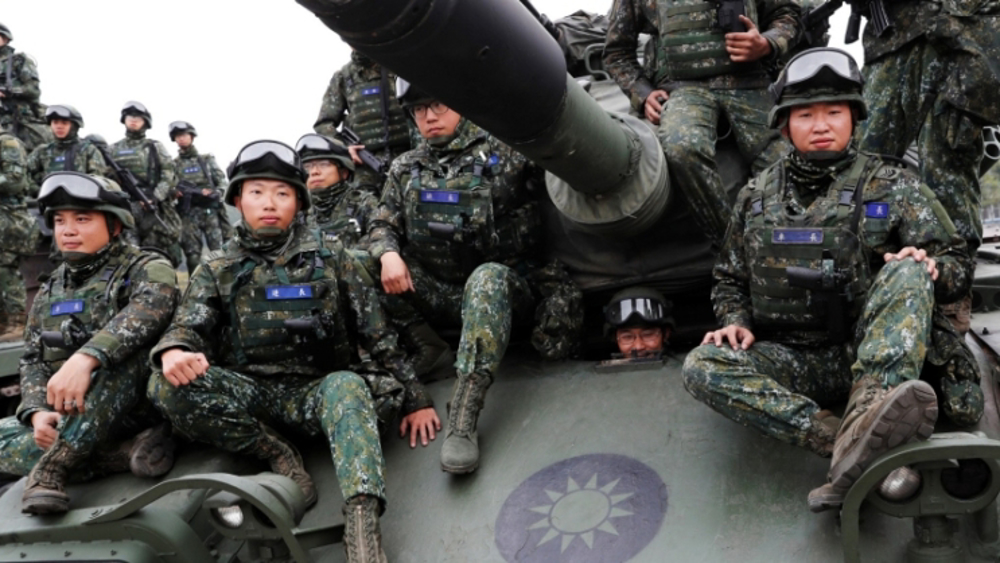



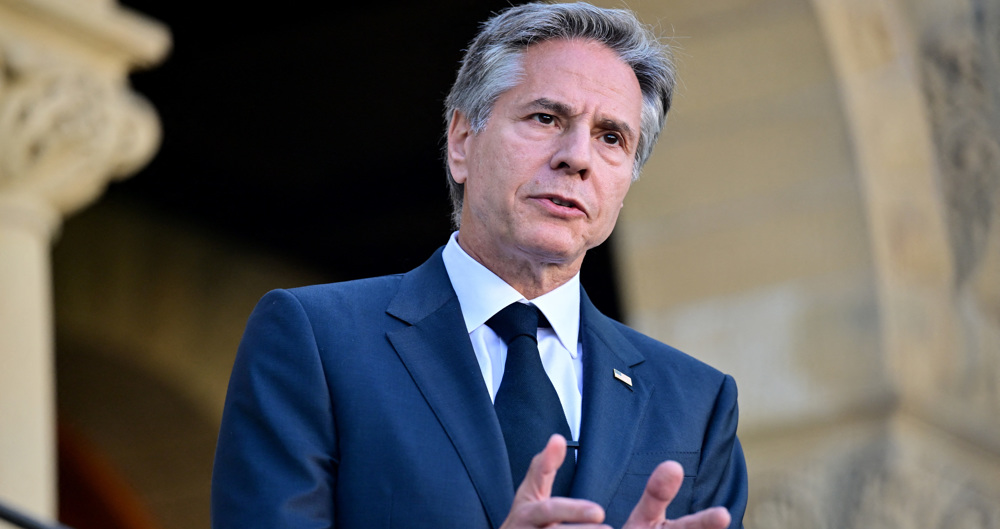
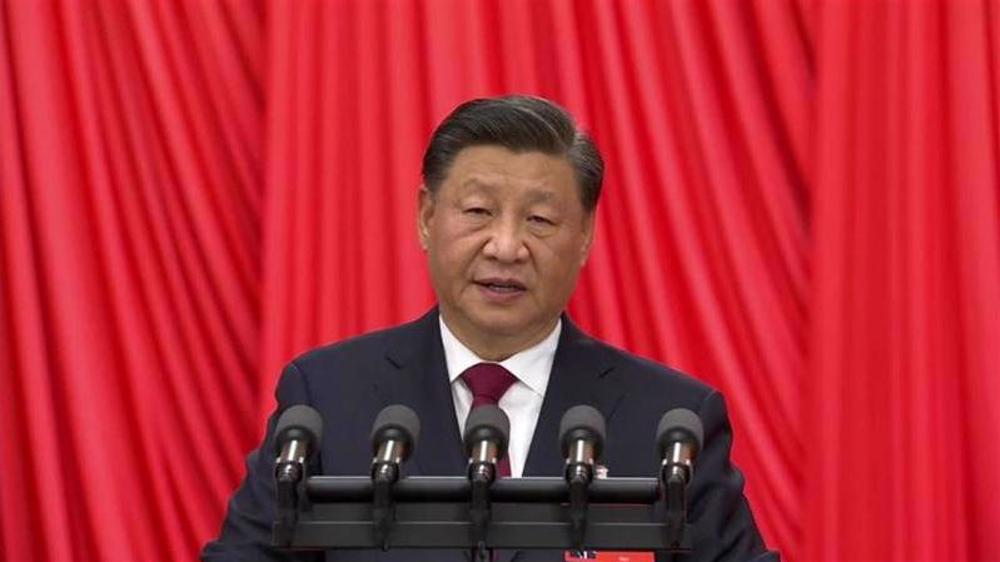
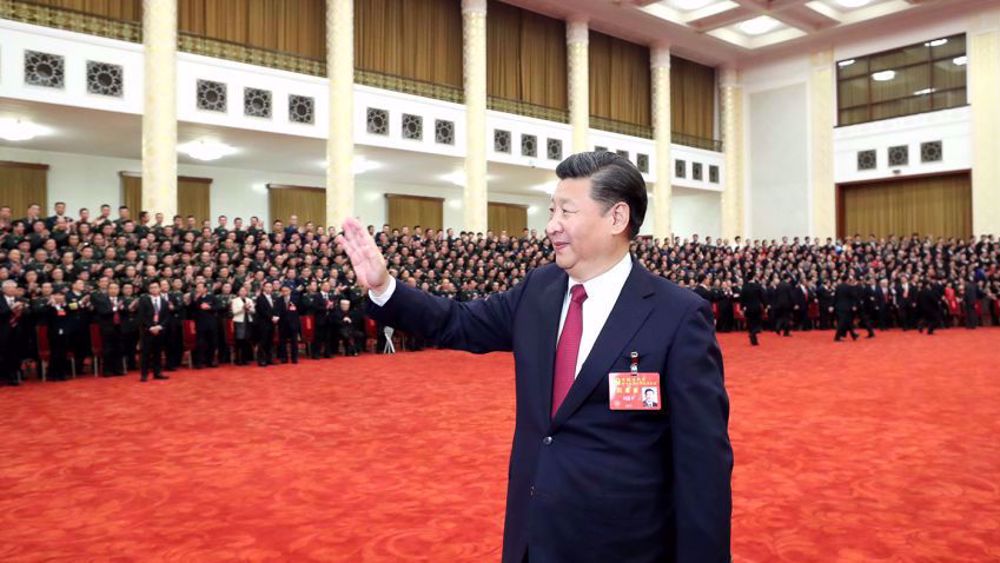
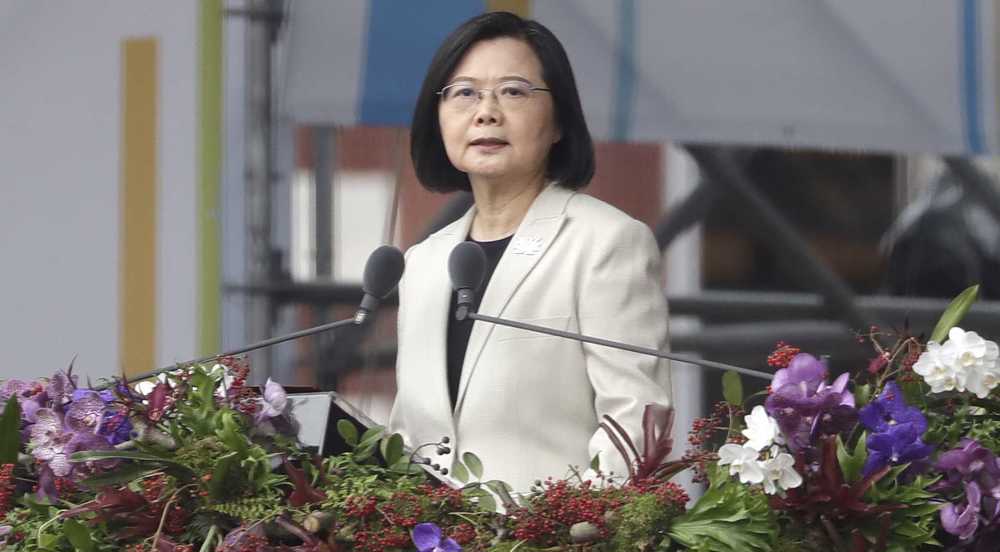
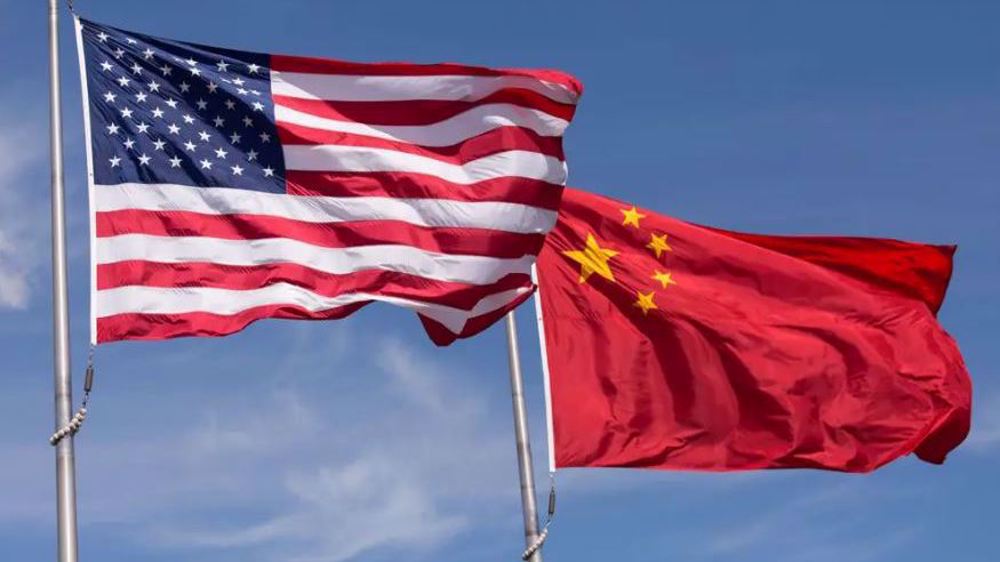
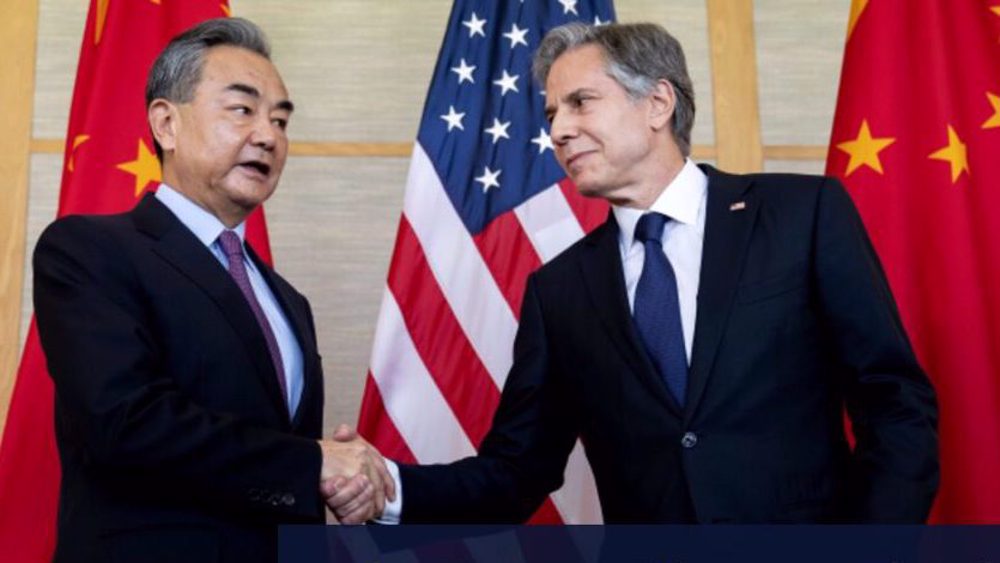
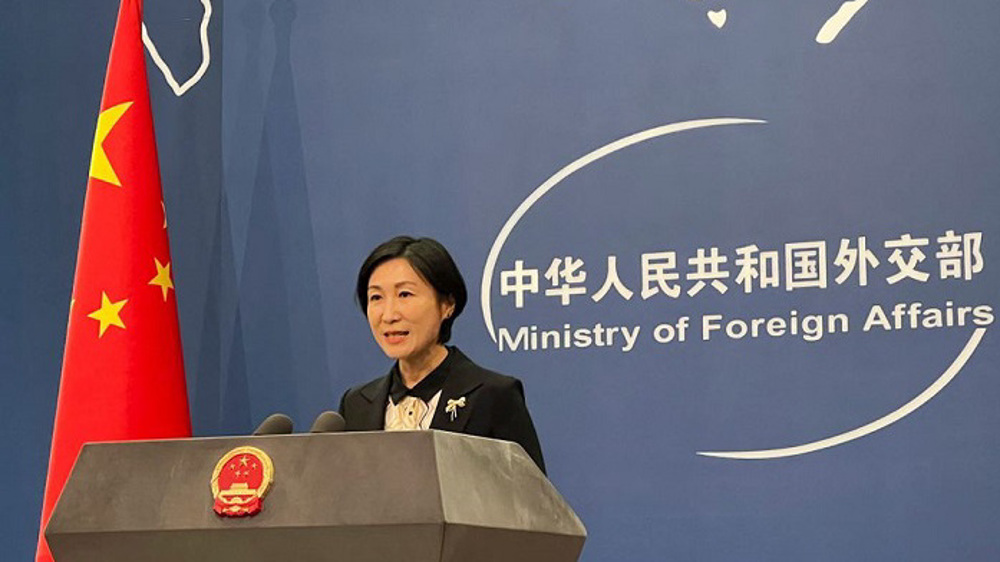

 This makes it easy to access the Press TV website
This makes it easy to access the Press TV website